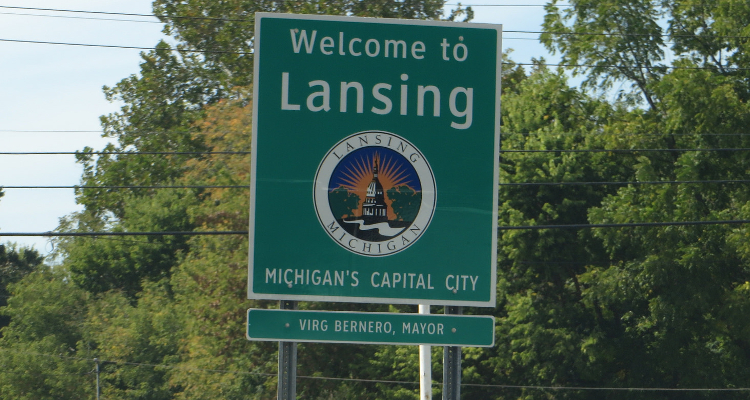In Michigan, the Sault Ste Marie Tribe of Chippewa Indians is reportedly due to initiate actions against a July decision by federal officials that prevented it from moving forward with a plan to build a casino in the city of Lansing.
According to a report from the Lansing State Journal newspaper, the tribe had earlier asked the United States Department of the Interior to take a 2.7-acre parcel of land near the center of Lansing into trust on its behalf. Doing so would have seen the plot transformed into tribal territory and left the way open for the Sault Ste Marie Tribe of Chippewa Indians to construct and operate an independent casino on the site.
But, the federal body reportedly denied the tribe’s request on July 27 despite objections from Lansing mayor Virg Bernero due to concerns that the downtown plot was some 287 miles away from the Sault Ste Marie Tribe of Chippewa Indians’ ancestral homelands in Michigan’s more rural Upper Peninsula.
The Lansing State Journal reported that leaders for the federally-recognized tribe are now hoping to get this decision reversed and approved a resolution on Tuesday that gave Chairperson Aaron Payment and his legal team permission to ‘take whatever action is necessary and appropriate to challenge and overturn the denial’.
The newspaper explained that this could include the filing of multiple federal lawsuits with tribal attorney John Wernet reportedly declaring that the matter was ‘of vital importance to the tribe’ and that he now intended to ‘move expeditiously’.
“We are continuing to work with our legal counsel to make sure we have pursued every available option but it seems likely that a lawsuit will be necessary to vindicate the tribe’s clear statutory right to have these lands placed in mandatory trust status,” Wernet reportedly told the Lansing State Journal.
The Sault Ste Marie Tribe of Chippewa Indians is largest tribe in Michigan with a membership of approximately 40,000 and already operates Kewadin Casinos-branded gambling venues in the small Upper Peninsula communities of Hessel, Christmas, St Ignace, Sault Ste Marie and Manistique. It was moreover responsible for opening the Greektown Casino Hotel in November of 2000 before offloading the struggling Detroit property to Jack Entertainment a little over twelve years later.
The Lansing State Journal detailed that eleven other tribes currently operate casinos in Michigan before reporting that two of these, the Nottawaseppi Huron Band of Potawatomi and the Saginaw Chippewa Indian Tribe, are preparing to join the fight in defense of the United States Department of the Interior’s decision. The tribes purportedly run gambling venues in the nearby communities of Battle Creek, Mount Pleasant and Standish and are wary that any casino in Lansing could negatively impact current business.
James Nye, a spokesperson for the Saginaw Chippewa Indian Tribe and the Nottawaseppi Huron Band of Potawatomi, reportedly told the newspaper that the pair were monitoring the situation ‘on a daily basis’ and were preparing for ‘participation in the litigation’.
“We would seek to vigorously defend [the United States Department of the Interior’s] logical decision to deny the [Sault Ste Marie Tribe of Chippewa Indians] the ability to open numerous casinos hundreds of miles from its reservation,” Nye reportedly told the Lansing State Journal.



